What are your
symptoms?
Find out more about what might
be causing your symptoms
and how we can help.
Specialist chiropractic care in the Wye Valley.
All services are now also available in British Sign language.
Your symptoms.
Chiropractic is a regulated primary healthcare profession. Chiropractors are trained to diagnose, treat and can help with:
I have shoulder pain.
The shoulder is a complex joint and there are many reasons why it may be giving you pain. It is a ball and socket joint that is held in place by ligaments and muscles. The four main muscles are known collectively as the rotator cuff. The muscles of the shoulder are attached to the vertebrae in your neck and upper back and are powered by nerves from your neck. These nerves, if pinched, can be a source of shoulder pain. Other common causes of shoulder pain include osteoarthritis, tendinitis, impingement, shoulder instability or a fracture.
As Chiropractors we are able to diagnose and treat many causes of shoulder pain. Part of your assessment will include a full series of orthopaedic and neurological tests to find the source of the problem.
Rotator cuff sprains
& strains.
One of the most common injuries is a sprain, strain or tear of one of the Rotator Cuff muscles. This group of 4 muscles helps you to move its shoulder in all ranges and can easily be strained by lifting something to heavy too quickly in the garden or the gym. Symptoms can include:
- Sharp pain at the time of the sprain
- A dull constant ache along the back of the shoulder.
- A knotted feeling under the shoulder blade.
- Difficulty lifting weight.
Many sprains and sprains will heal themselves, usually within about 4-6 weeks. Using an ice pack over the area can help this.
Beyond this time it can mean the shoulder needs a helping hand from a professional to get it back to normal.
Subacromial
Bursitis.
A bursa is a little filled sac that sits between a tendon and a bone to stop the two surfaces rubbing together. We have bursa in many different joints. In the shoulder, the bursa that sits just underneath the bony bit at the front of your shoulder can often become inflamed and fill with fluid. Symptoms include:
- A sharp catching pain in the front of the shoulder.
- Pain when lying on the shoulder, especially at night.
- Difficulty lifting your arm.
- A dull ache that travels down your arm.
An inflamed bursa is usually caused by a rotator cuff, bicep or pectorial muscle sprain, strain or tightness. It can also be caused by repetitive movements, shoulder instability and/ or muscle imbalances. It is common in weight lifters, builders and tennis players.
As Chiroprcators we use a range of orthopaedic and neurolgical tests to find the source of the problem. We use, mobilisation, massage, manipulation, acupuncture and home exercises to help take down the inflammation and fix the underlying cause.
Frozen Shoulder.
A frozen shoulder (aka: adhesive capsulitis) often starts as pain in the shoulder and a loss of movement without an obvious cause or injury. Your shoulder joint is contained in a fibrous capsule, in a frozen shoulder this becomes inflamed and tightens. It is more common in women than men and in those who are diabetic or have heart conditions. Symptoms can include:
- Difficulty brushing your hair or putting on clothes.
- Pain when lying on the shoulder, especially at night.
- A sharp catching pain when trying to move the shoulder.
- Tingling or numbness in the arm or hand.
- A loss of movement that is getting worse.
A frozen shoulder needs to be diagnosed as soon as possible. Treatment includes shoulder mobilisation, soft tissue work, acupuncture and a home exercise programme.
Osteoarthritis.
Osteoarthritis can affect many of our joints and is a common part of aging. In the shoulder, the cartilage lining that coats the ball and socket joint can become thin and worn, resulting in a shoulder that sounds 'crunchy' or 'grindy' and generally feels stiff.
Osteoarthritis in the shoulder is more common in those who have used there shoulders a lot in their lifetime: tennis players, manual workers, weight lifters for example.
Whilst we can't reverse Osteoarthritis we can make you more comfortable and help prevent further degeneration as much as possible.

